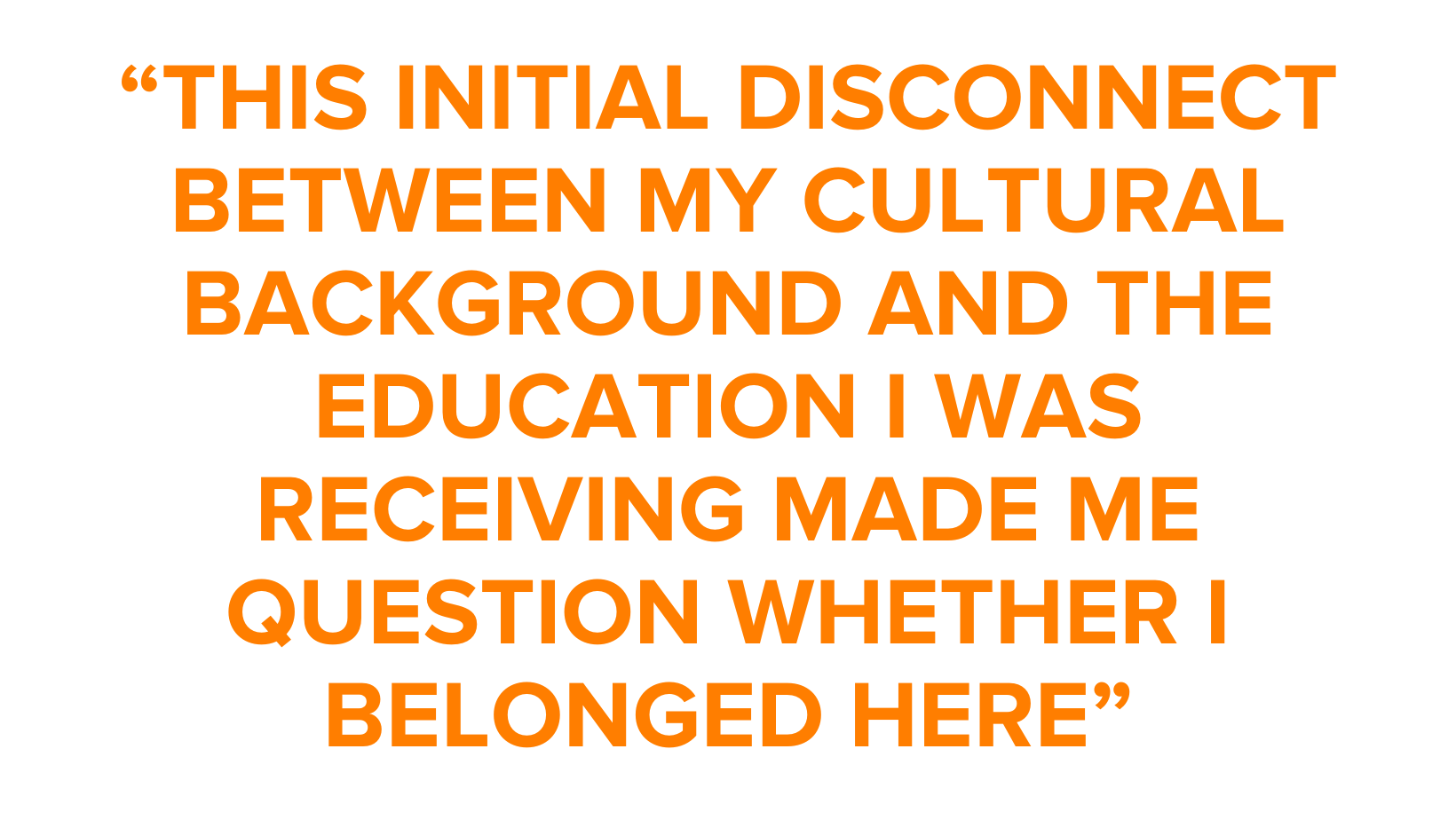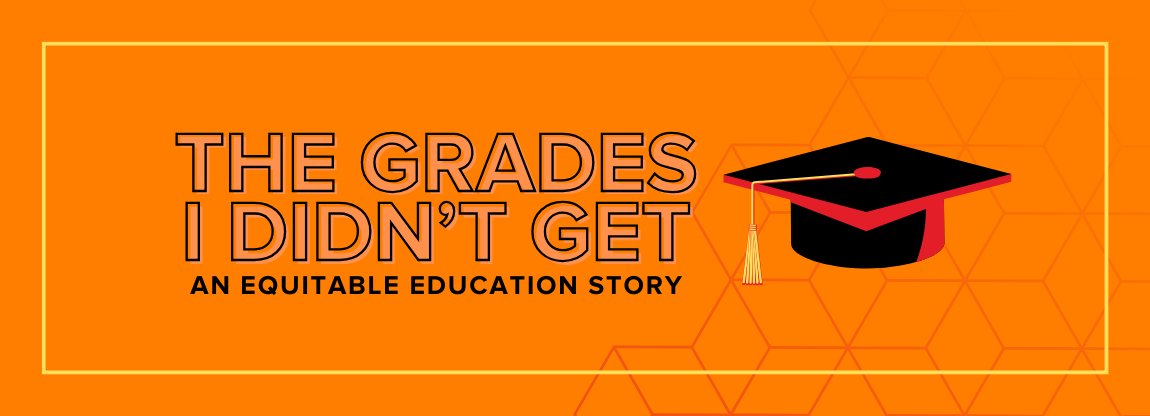Equitable Education: The Grades I Didn't Get
A FOREWORD FROM THE EDITOR
In the diverse tapestry of Canadian higher education, there are stories that often go untold. Stories that are imbued with resilience, wisdom, and a profound understanding of the nuanced challenges faced by those who navigate the academic journey with a unique lens. This story below, penned by M, is one such story that merits our utmost attention.
While these stories may at times be difficult to read, it is incumbent upon us to hear them and, more importantly, to value them. Within the experiences and insights shared here, we find the mirror through which we can scrutinize our own institutions and practices. We are reminded that learning is not confined to the confines of a lecture hall or a textbook. It happens in the quiet moments of introspection, the impassioned debates in seminar rooms, and the exchanges of knowledge that transcend traditional pedagogical boundaries, and it encompasses the ability to overcome adversity, to embrace diversity, and to advocate for change.
The tests faced by students on campus are not limited to those with letter grades attached; they encompass a myriad of social, cultural, and systemic challenges that often remain unseen.
As you read M's story, I encourage you to do so with an open heart and an unwavering commitment to a more equitable future. It is my hope that in sharing these stories you may be inspired by the resilience of each learner who shares their journey. And let us remember that the pursuit of equitable education is not a solitary endeavor; it is a collective responsibility that we all must shoulder.
"The Grades I Didn't Get" by M
From The Author:
My decision to remain anonymous is to remove the potential for the wrong parts of my story being heard, something which is seen deeply in all marginalized communities.
It is my hope that you hear not my voice, but my story. Miigwech
As I stepped onto the sprawling campus of my university, a whirlwind of emotions engulfed me. Excitement, fear, and anticipation swirled together in a potent mix. I was about to embark on a new chapter in my life, one that would test not only my academic abilities but also my identity.
Growing up my cultural identity was deeply ingrained in my daily life. From the moment I woke up in the morning and smelled the sweet sage ingrained in the wood of our walls, I knew I was home. The teachings of our elders, the ceremonies, and the connection to the land were all integral parts of who I was. But as I entered the world of academia, I found myself facing more challenges than just the ones I was being graded on.
One of the first challenges I encountered was that for the first time in my life I was an outsider. It’s hard to make friends and fit in when you introduce yourself and are met not with a return introduction, but being asked what - not who - you are. It was clear within my first day that to many of my fellow students I was nothing more than a caricature they saw in a movie as a child. It was disheartening to realize that the knowledge and perspectives of my people were often overlooked or sidelined by institutions that sat on our land, which they acknowledged. I was taught about cultures far and wide, some that no longer exist - was no one taught about mine?
The curriculum, while rich in its own right, rarely touched upon Indigenous history, culture, or contemporary issues. It was as if my identity and heritage were considered irrelevant in the academic sphere unless convenient or exploitable. This initial disconnect between my cultural background and the education I was receiving made me question whether I belonged here.
However, I was determined not to let these challenges deter me. I sought out student resource groups and local cultural events on campus, hoping to find a sense of community and connection. These gatherings became a lifeline for me, a place where I could share my experiences and learn from others who faced similar struggles.
As the semester progressed, I often found myself thrust into conversations where I had to challenge these stereotypes and educate my classmates. Occasionally I would find myself called upon directly in class, as if I was somehow the authority on Indigenous cultures, simply by existing in this space.


Despite all this, my success won me no favour. One particularly challenging moment was when a classmate asked me if I received “special privileges” because of my Indigenous status after receiving an academic award. It was a frustrating and hurtful question, as it perpetuated the misconception that Indigenous people receive unfair advantages. In reality, the struggles and disparities faced by Indigenous communities far outweigh any perceived privileges. But that would require acknowledging why those disparities exist in the first place - and land acknowledgements don’t count.
But despite these moments of frustration, I also encountered individuals who were genuinely interested in learning about Indigenous cultures and histories. These interactions served as opportunities to bridge cultural gaps and foster understanding. I felt a responsibility to be an ambassador for my culture and to share its richness with others, and it wasn’t a burden when it didn’t feel required of me.
As I continue my academic journey in post-graduate studies, I hope to be a trailblazer for future Indigenous students and contribute to the ongoing dialogue about Indigenous rights, representation, and reconciliation in Canada and higher education. My identity as an Odishkwaagamiikw (Algonquin Woman) is not a burden; it is a source of inspiration and motivation to make a difference in the world. My degree means nothing if I can’t acknowledge the grades I didn’t get.

